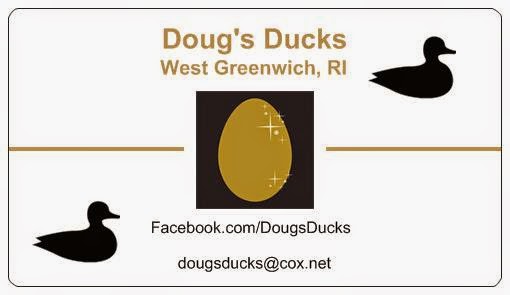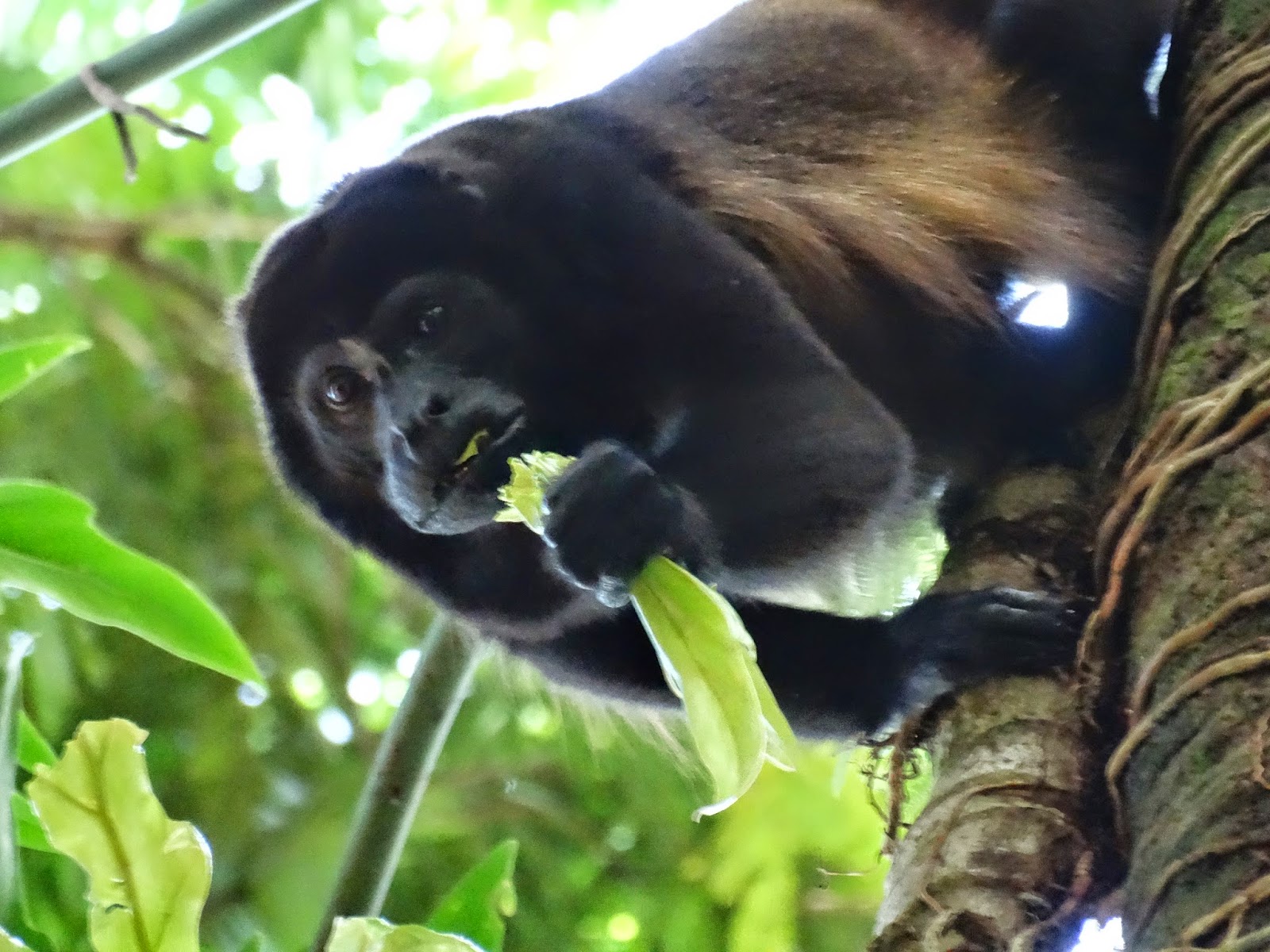The Ducks are now laying their eggs and Doug's Ducks is now in business.
Doug's Ducks is a small Welsh Harlequin Duck farm located in West Greenwich, RI.
To provide wholesome naturally raised free-range duck and chickens to local consumers and businesses.
- Where do you sell your eggs?---We currently sell our eggs at our small farm by appointment. Please email us for more details. Limited delivery is available.
- How many birds do you have?---We have about 25 hens who are free to roam on our three acre farm, but our flock is always growing to meet the demand of our eggs.
- How do you house your ducks/chickens?---They have a duck house /chicken coop as well as a run, but during the day they are free to roam our 3 acre farm.
- What do you feed your ducks/chickens?---Since our hens are pastured they eat whatever is in the pasture or in our natural spring stream. The like bugs, worms, flowers, and grass. They are supplemented with layer pellets throughout the week.
- What is you favorite breed of duck/chicken?---We raise Welsh Harlequin Ducks & Easter Egger Chickens
- I have never eaten a duck egg before, how are they different than a chicken egg?----Duck eggs are very similar to chicken eggs in taste, look and how you cook them. Duck eggs except are typically larger in size than chicken eggs and the shell is harder and this keeps them fresher longer.
- The Welsh Harlequin is a fairly new breed, developed by Leslie Bonnett in Wales from two off-colored Khaki Campbell ducklings in 1949. They came to the United States in 1968 and were accepted into the American Poultry Association in 2001 in the Light Duck class. They are becoming a very popular breed due to their multipurpose characteristics. They have excellent egg production abilities due to their Khaki Campbell background yet retain the instinct to sit and hatch a nest full of ducklings. They are calm, inquisitive and excellent foragers. They seem to be the calmest bird on our farm.
- Harlequins are primarily raised for their wonderful practical attributes. "They are highly adaptable, outstanding layers producing 240-330 white shelled eggs yearly, active foragers, excellent producers of lean meat, beautifully colored and pluck almost as cleanly as white birds when dressed for meat." (Holderread, 2001)
































































